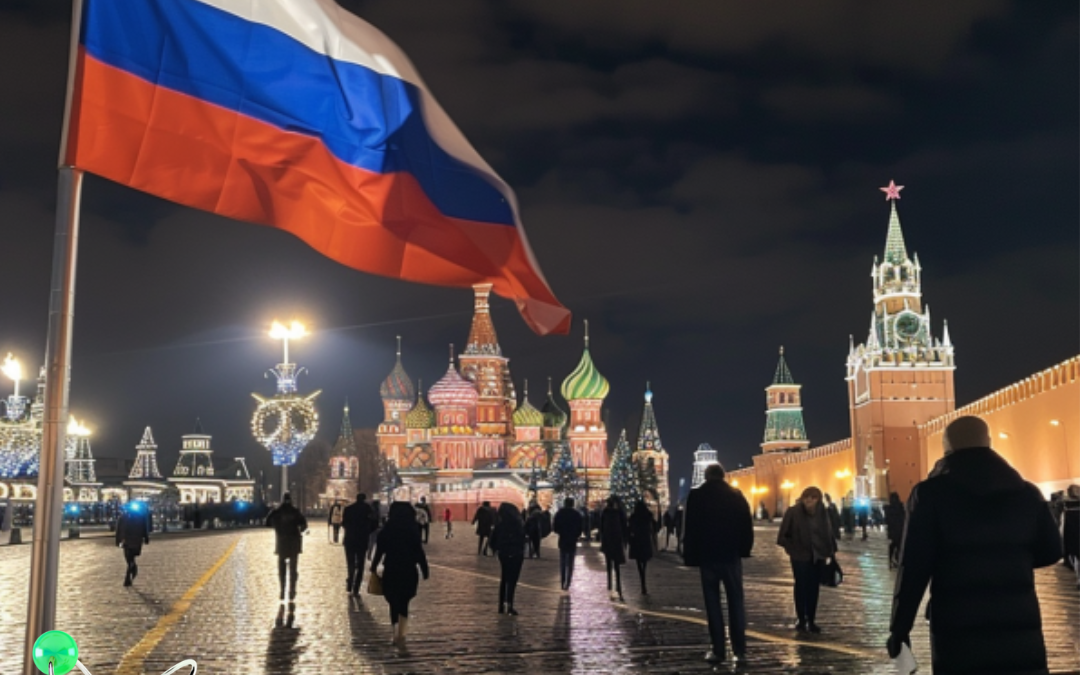
It is no secret that tensions between Russia and other countries continue to rise because of the war in Ukraine. In particular, the use of nuclear weapons is drawing the most attention as of recent. Although this threat from Russia is nothing new and many countries see it as a bluff, it continues to have an significant impact on the war. The uncertainty surrounding the use of nuclear weapons by Russian forces creates immense tension between several countries and must be treated with vigilance.
How effective are these threats? These threats are essentially Russia’s bread and butter when it comes to setting the pace for the war. Initially, these nuclear threats allowed Russia to invade Ukraine in the first place. By displaying Russian nuclear power through military exercises and confident claims such as naming Russia as “one of the world’s leading nuclear powers”, Russian President Vladimir Putin, was able to raise uncertainty and risk of escalation. Russian threats to use nuclear weapons has also deterred the involvement of western forces in the war. Although many countries see the threats as a bluff, it is too close for comfort as nuclear weapons are to not be taken lightly. The risks that Russia poses to use nuclear weapons becomes more realistic as their military tactics show readiness for such situations.
How should these threats be approached? Although Russia has yet to use nuclear weapons in the war with Ukraine, the threats are to not be taken so lightly. Russia’s use of nuclear threats can be known as “nuclear shielding”, meaning the threats’ main agenda is not to use nuclear weapons but to limit the involvement of other countries in the war. Utilizing this tactic has allowed Russia to set the pace of the war as other countries have become weary of the threshold Russia has pertaining to nuclear weapon use.
Bringing light to the use of nuclear weapons by Russian forces is important as it has been used to shape the war in Ukraine. These threats have taken control over the war as shown from lack of further involvement from the west. Not only do these threats control the escalation of tension, it forces Russian opponents to work on Russian terms. Altering Russia’s nuclear doctrine enhances Russia’s ability to direct the war in their favor and forces the west to strategically think about the consequences of further support in Ukraine.

